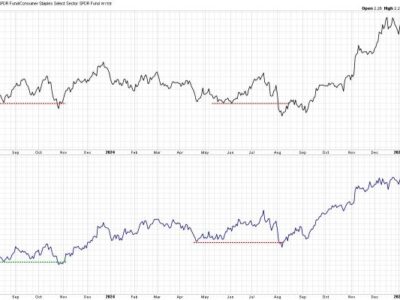
Google Store certifies and distributes applications for mobile phones using its Android operating system and charges a percentage of the price that the application developer charges. Epic Games, the developer of the popular video game Fortnite, tried to circumvent the payments to Google. Google responded by removing the game from its application store. Epic Games sued. The jury trial starts this week.
How should we think about Google’s behavior? An article in Regulation provides some insight. Almost all of the apps certified and distributed by Google are free; Google earns nothing from certifying and distributing them. The revenue‐sharing system subsidizes upstart apps that pay nothing for certification and distribution services. And paid apps pay little until their app becomes popular. The payments encourage improvements in the Android mobile operating system because Google has a permanent incentive to increase user engagement.
Even for those who favor activist antitrust policy, Epic Games’ claims are weak. The app store commissions are not a recent attempt to enhance Google’s market position. They stem from the launch of the app store in 2008 when there were 50 Android apps. There are now 3.5 million.
If Epic wins, Google could bypass the decision easily. It could charge for access to computer code (critical application programming interfaces) required for apps to function.
Why would Epic prefer that outcome? The likely reason is that under the current system, paid apps that achieve great success effectively subsidize upstarts, niche apps, and apps that are advertiser‐supported. Once you are a successful game developer you would prefer not to subsidize potential competitors.








